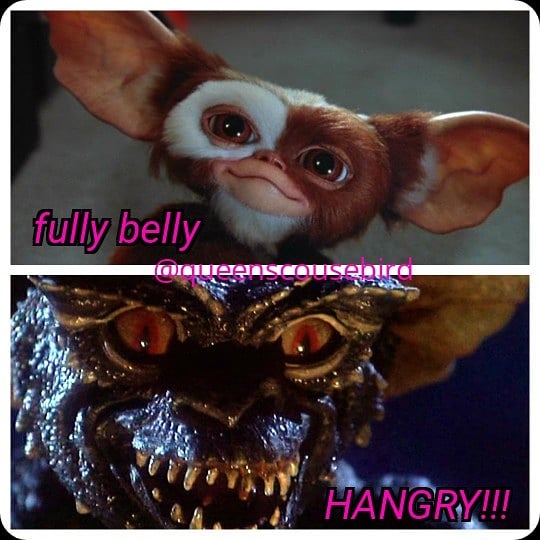I’m assuming that, if you’re reading this, you probably have strong feelings about the power of words. But what does it really mean to say “words have power”?
Words can help, heal, hinder, hurt, and harm. We use them to influence those around us and influence ourselves. We use them as filler. We even misuse them…

I’ve been thinking lately about how words help us experience the world more fully. They can wake us up from our usual autopilot mode of living and give us a way to interact with sensations and feelings of which we might otherwise be ignorant and ignore altogether.
So here’s my working theory: having a vocabulary for thoughts, feelings, and sensations helps us more fully engage in whatever we are experiencing.
I Drink and I Know Things
Take wine, for example. I’m far from being a wine expert. But like most people, I know what I like—even if I can’t always articulate it. Years ago, my wife and I used to keep a wine journal. In the section where you’re supposed to record tasting notes, we’d write vaguely humorous quips like: “Smells like camp” and “Pairs well with Game of Thrones season 3 finale.”

But one day, as I read the overly-flourished description on the back of a bottle of red, it struck me as particularly ridiculous. Something about notes of tobacco and shoe leather. Neither of these sounded remotely appetizing in a wine. But I’ll be danged if I didn’t taste tobacco and shoe leather when I sipped it.
And the crazy thing is, ever since then I’ve noticed when other wines taste like tobacco and shoe leather. And I actually like it! Before I knew these terms—before I had the vocabulary—my brain did not register those flavors when I drank wine. But now, it does.
I recognize the above case is also probably an example of selective attention: the phenomenon of focusing on something and then seeing it everywhere you go. Like whenever I talk about how much I miss driving my pickup truck and then I notice more pickups than usual on the road.
But in the case of wine, I maintain that having a vocabulary for the many flavors going on in a wine allows me to experience wine more fully, with more of my senses keyed in to what’s going on.
You Wouldn’t Like Me When I’m…
This “wake up” experience of happens not only when we label flavors and external stimuli, but also when we label our own feelings. There’s one very important term in our household, without which we would be continually frustrated and perplexed. That word is hangry.
It happens to the best of us. We’re playing with friends, or we’re on a roll at work, and the hours slip by until we’re famished. If you’ve never seen a 5-year-old go all Dr. Jeckyl from being hangry, it’s exactly like that movie Gremlins where the fuzzy Gizmo-clones don’t eat till after midnight and then become demons-imps bent on chaos.

If I didn’t know the word hangry, I wouldn’t have any basis of understanding what’s going on with our daughter’s mood swings. Being able to map a word to that phenomenon helps us to easily identify it, and promptly correct it.
Another example of vocabulary unlocking our awareness is demonstrated by the navy term “leemurs.” What are leemurs, you ask? You know in the Star Wars saga how every movie has someone saying, “I’ve got a bad feeling about this”? Leemurs are basically bad feelings you get in a situation before you have any kind of hard evidence that things are actually going bad.
In their book Decisive, the Heath brothers talk about how pilots are trained to pay attention to their leemurs, and are given authority to act on the basis of their intuition when need be, even if hard evidence is not available. If pilots had no term for these bad feelings, it’s likely they would be ignored, or go unnoticed altogether. The pilot’s brains would remain on autopilot. However, having a name for bad feelings allows pilots to identify the feeling, making that feeling a real thing rather than a vague niggling. When it’s a real thing, it demands action, like a low-fuel light in your car that grabs your attention, reminding you that action is required. By identifying leemurs, pilots’ brains “wake up” out of autopilot mode and are brought to full awareness, ready to make decisions and act.
The human brain is a wild frontier, for sure. But as a word-nerd and believer in the power of words to move our hearts and minds with stories, it’s pretty cool to think that we can access hidden layers of our own psyches through vocabulary.
I’d love to hear from y’all about any words that have “unlocked” a part of you. Let me know in the comments!

